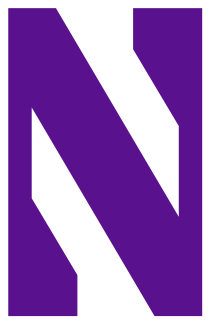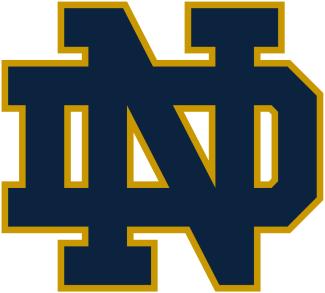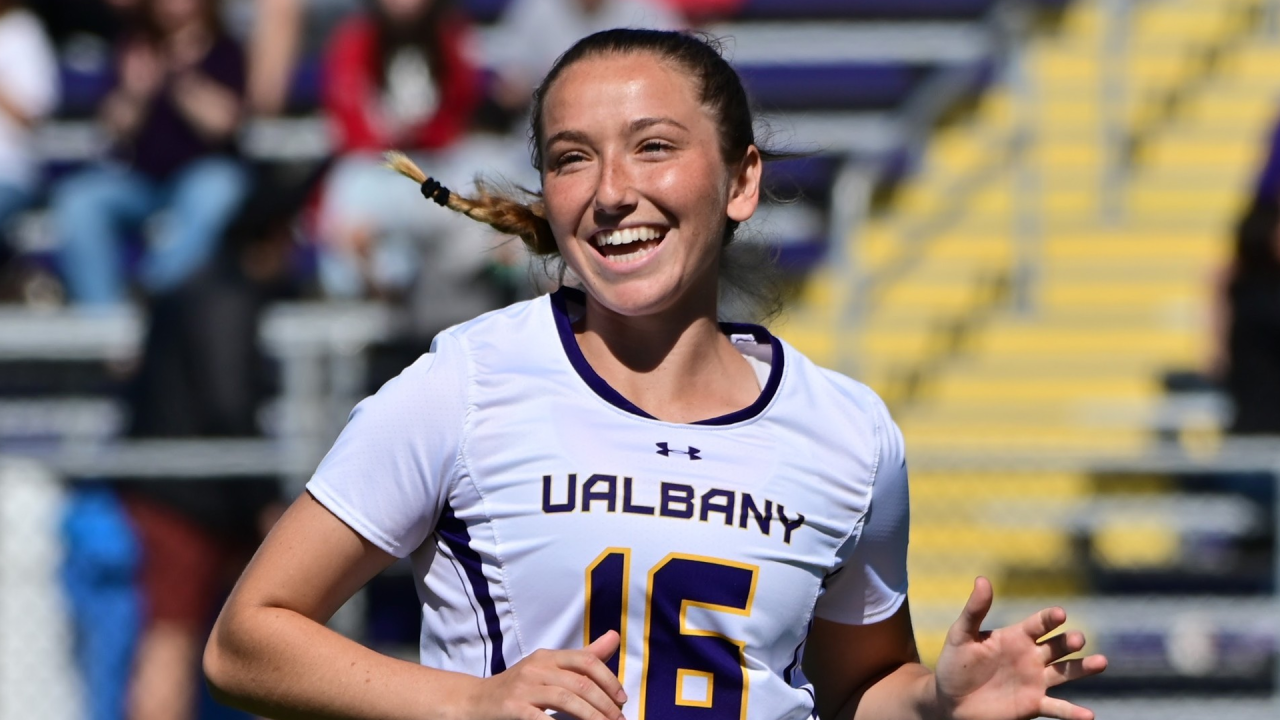USA Lacrosse is partnering with The Hidden Opponent throughout May, shining a light on student-athletes across the country doing their part to end the stigma surrounding mental health.
The Hidden Opponent is a non-profit and advocacy group that raises awareness about student-athlete mental health. With a network of hundreds of Campus Captains, The Hidden Opponent is making a significant impact across all sports.
UAlbany star Ava Poupard is a Campus Captain who is passionate about raising awareness about the resources students at her university have at their disposal. She shares her story with us today — head to USA Lacrosse’s Instagram for more from Poupard.
Walk us through your background with lacrosse.
I grew up in a lacrosse household. I learned from my dad, who played in college. He played at Delaware. I started playing around 3 years old, and I've grown to love this sport. It's been a passion of mine for so long.
What brought you to Albany?
Everyone knows who Katie Rowan is. She was an amazing player, and she's an amazing coach. To be able to play under her and my other coaches, it's just an amazing opportunity. When I was going through recruitment, it was during COVID. We didn't get to go on as many visits. We didn't get to talk to as many student-athletes, but having a phone call with these coaches and being able to come to this campus, even if it was kind of restricted, I knew right away I wanted to come here. Albany has an amazing past — the women's and the men's teams have such a rich history.
What’s your favorite part of playing lacrosse?
My favorite part of playing is getting connections with teammates. You learn how to play with other people, and that translates into real life. It’s so much fun to be creative and know where other people are going to be. I've played every sport in the book, and I've stuck with lacrosse this long because it’s a family sport and I love playing and being creative.
How did you get into working with The Hidden Opponent?
The Hidden Opponent is a national organization that strives to break the stigma around student-athlete mental health, specifically through educating athletes and advocating for student-athletes. When I was a freshman, I was a young kid on the team but I was still advocating for mental health. I’ve always tried to look out for student-athletes on my team and at my school. One of our Student-Athlete Advisory Council representatives reached out to me and just said, ‘We don't have [Campus Captains] on our campus, but she thought that I’d be a great first person.
My sophomore year, I bought into being a partner in it. We all applied to be campus captains and were accepted. Then, we hit the ground running. We founded the chapter of The Hidden Opponent here on campus during my sophomore year. We started doing mental health awareness games. We started connecting with our school's counseling services and the American Foundation for Suicide Prevention. We’ve almost quadrupled in size coming into this year. I thought I would do a great job bringing it onto our campus and continually growing, and our group has done such a great job. I'm so proud of every single person that’s been involved with this.














